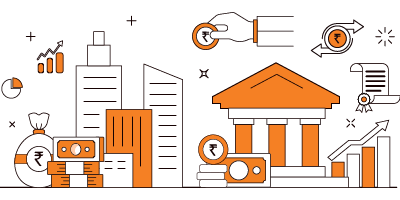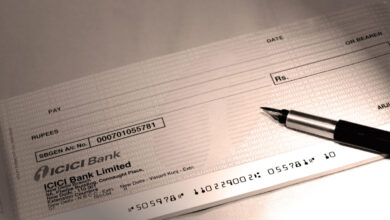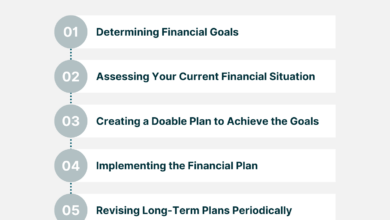Why Should You Plan To Invest In Secondary MarketSecondary Market?

Investors in secondary markets trade with one another rather than with the issuing firm. The stock market is a prime example. When you acquire a stock, you are doing it from another person who already owns the shares, rather than from the firm whose stock it is. The latter would take place in a primary market via an initial public offering (IPO).
Secondary markets are a critical component of the economy. Through the natural workings of supply and demand, the secondary market directs the price of an item toward its true worth through a huge sequence of separate yet interrelated deals. It is also a sign of a country’s economic health. Price increases or decreases indicate a flourishing economy or an economy headed for a recession.
Furthermore, secondary markets provide economic value by allowing more beneficial transactions to take place and establishing a fair value for an item. Secondary markets also bring liquidity to the economy since sellers may sell swiftly and readily owing to the market’s high number of buyers. As a result of secondary market activity, practically all market prices—interest rates, debt, housing, and the assets of enterprises and entrepreneurs—are more effectively distributed.
- The Secondary market is frequently tied to financial assets like stocks and bonds. However, it doesn’t take long to come up with a slew of different secondary marketplaces. Used automobiles have a secondary market. Secondary marketplaces for clothing and accessories include consignment stores or clothing retailers such as Goodwill. Secondary market transactions are offered by ticket scalpers, and eBay is a massive secondary market for all types of items. Mortgages are also traded in the secondary market after banks package them into securities and sell them to investors.
- Secondary markets arise in a market economy because the value of an asset varies.
These changes are influenced by technology, personal preferences, depreciation and improvement, and a plethora of other factors. Secondary market dealers are nearly always economically efficient. A seller who values the good less than the price and a buyer who values the item more than the price is involved in every non-coercive transaction of a good. The transaction benefits both parties. Competition between buyers and sellers produces an atmosphere in which ask and bid prices collide at the purchasers who place the most value on the items compared to demand. - Even while many secondary trades are now done electronically from faraway places, the most recognised secondary markets have taken the shape of physical sites. The stock markets in New York, London, and Hong Kong are among the world’s most prominent and influential capital market centres. However, these have generally shifted to internet or electronic settings nowadays. Because exchanges have an incentive to attract investors by preventing malicious activity under their supervision, secondary markets improve transaction safety and security. The entire economy benefits when capital markets are allocated more effectively and safely.
The above article will help you to understand share market basics. After going through it, you will know what exactly the secondary market is all about.
Apart from this if you are interested to know about How to Prepare Your Child for the Move Up to Secondary School then visit our Education category.



